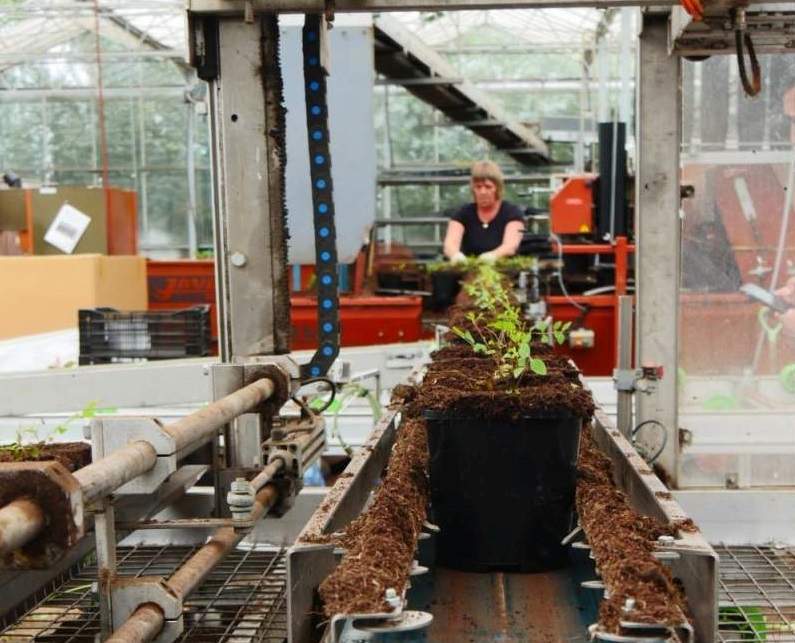
The biggest challenge for the horticultural sector in the next few years will be hiring enough seasonal labour, according to a panel of experts.
Nine new panel members have joined AHDB Horticulture and are set to help drive the UK industry forward and ensure businesses are fit for the future challenges that lie ahead.
Starting in January 2018 for a three-year term, the new panel members will provide expert advice and insight to help inform the organisation’s strategy.
The panels will also play a critical role in assessing and planning strategic research projects that directly impact horticultural businesses.
Lack of labour
The "clear challenge" the sector will face in the next three years is the possibility of a lack of seasonal labour, one of its panel members has explained.
Emily Livesey, Fruit Manager at Lower Hope Fruit Ltd and new AHDB tree fruit panel member, said: “I believe the panel can really help the industry by continuing their support of research into issues such as improvements to soils, pests and diseases and technology advancement to help improve productivity and quality to help growers remain profitable in testing times.
“The clear challenge over the next three years will be having enough seasonal labour. The industry will need to change and look to innovation to help address that challenge.”
Embracing technology
One panel member has stated the issues of staffing can be tackled by embracing new technology and mechanisation.
Labour accounts for up to 70% of variable production costs in some areas of horticulture. With the National Living Wage driving up labour costs and the uncertainty of the future availability of migrant workers after Brexit, identifying technologies that can help reduce labour costs and pressures for businesses will become "more critical".
The growth of agri-tech has seen a huge leap in contribution to the UK's GDP. It now contributes £14.4bn to the economy every year, underpinning the UK’s food and drink industry.
The government has invested £160 million through the agri-tech strategy to help develop innovative solutions from the laboratory through to the farm.
It comes as news that a report highlighted how 'smart farming' and technological advances can be embraced in order to support the growing human population.
'Benefit' to growers
James Moffatt, James Coles Nursery and new AHDB hardy nursery stock panel member, said: “AHDB is and needs to keep on looking at this side of the industry. I was interested to learn that AHDB is funding research into robotics specifically targeted at horticulture; I'm sure this will have benefit to the growers if not now, then in the near future.”
AHDB Horticulture’s strategic key priorities for 2018 will be extending the available range of plant protection products, increasing the industry’s expertise and knowledge and tackling the rising cost of human labour.
The nine new members will represent the industry on five panels: field vegetables; protected edibles and mushrooms; tree fruit; hardy nursery stock; and protected ornamentals and bulbs and outdoor flowers.
The panel members were selected following an application process which ran until October 2017.
